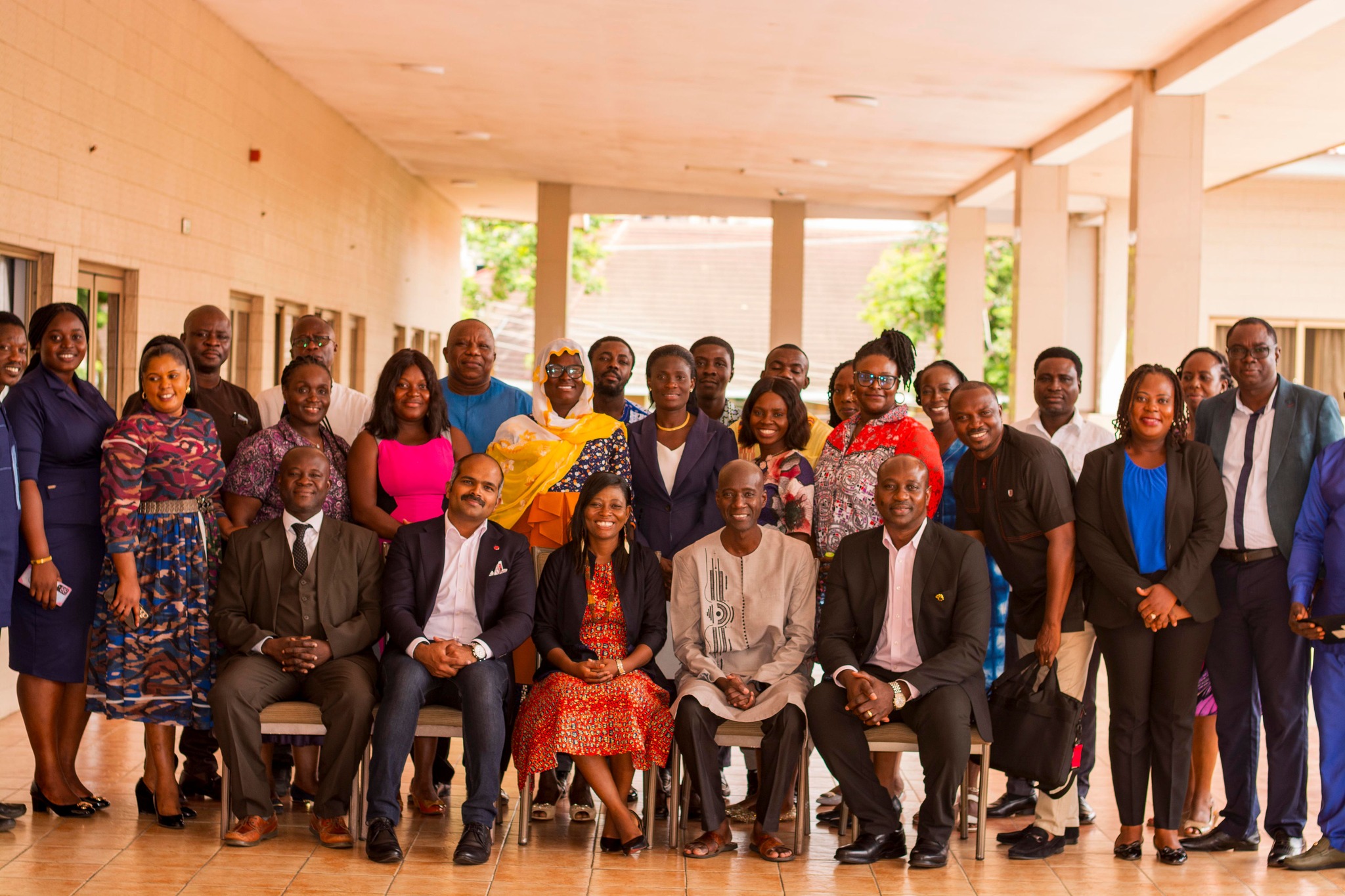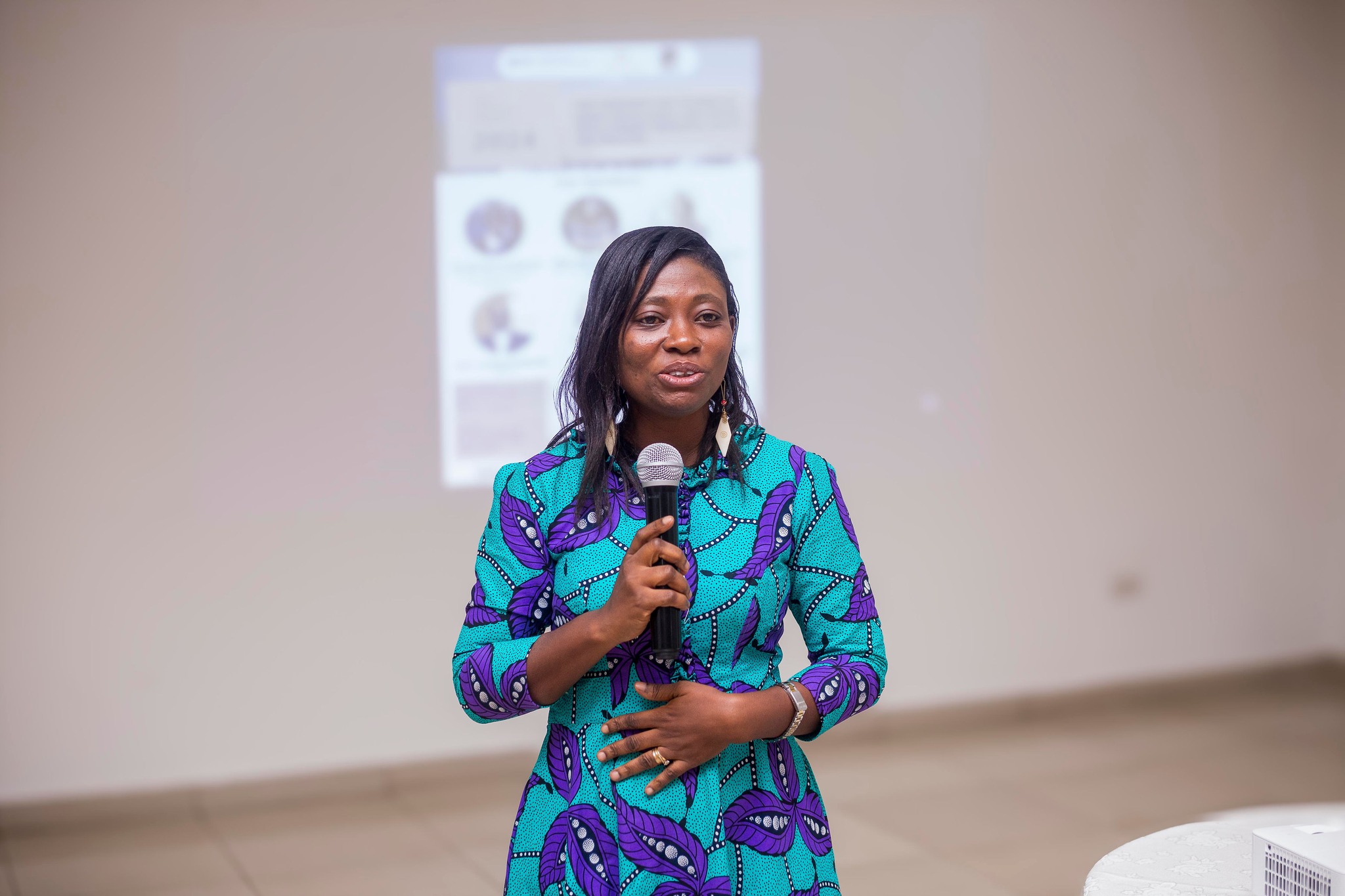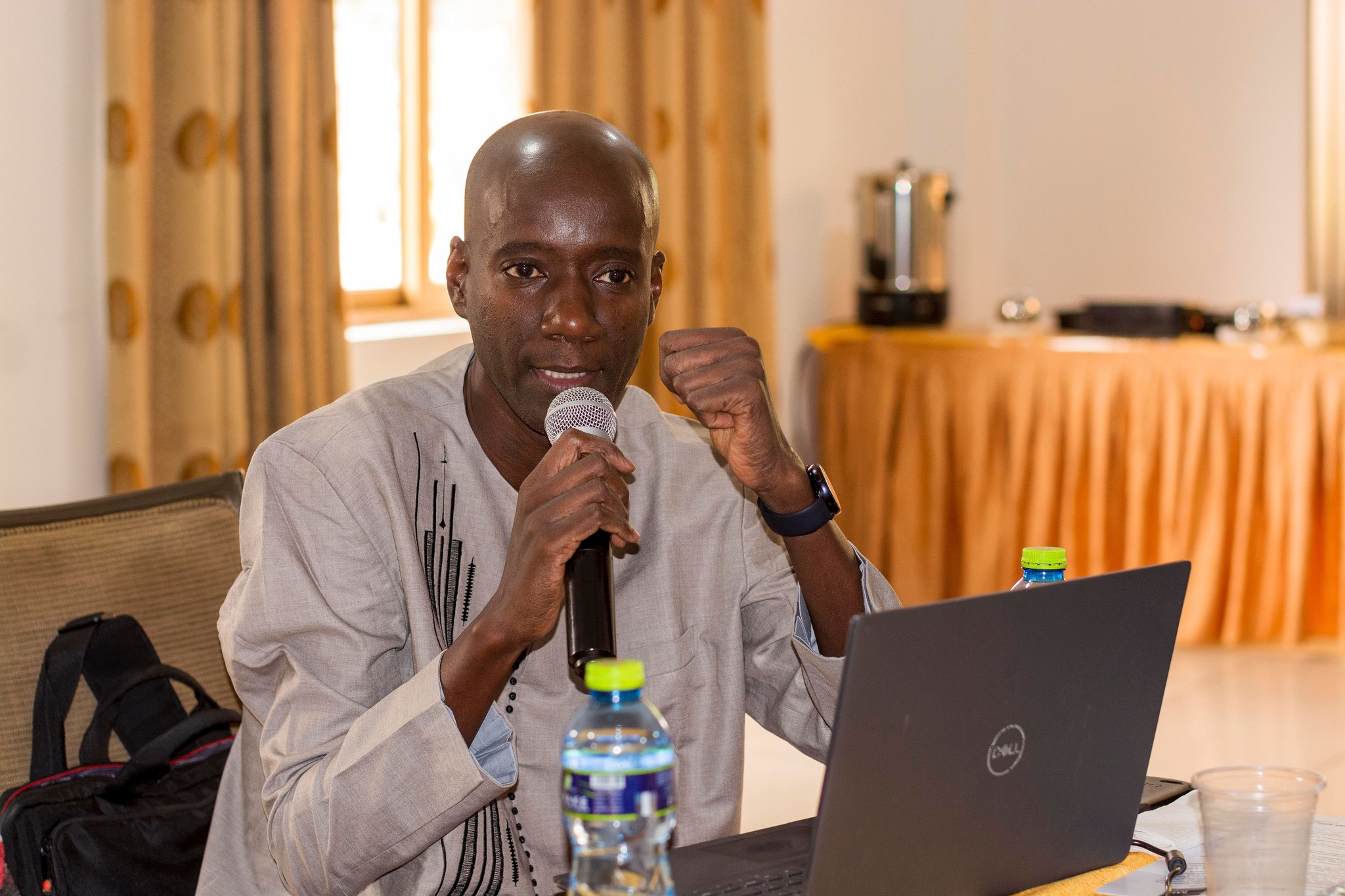Migration PhD Students Receive Boost Through Intensive Research Training in Accra

A group of PhD students in Ghana has completed an intensive two-day academic training on African migration, equipping them with vital research tools to better understand the continent’s migration dynamics and contribute to policy and scholarly work.
Held at the Mensvic Grand Hotel in East Legon, Accra, the training was led by the African Centre for the Study and Research on Migration (ACSRM) in collaboration with the IDRC-funded Research Chair in Forced Displacement in Anglophone West Africa at the University of Ghana’s Centre for Migration Studies (CMS), the African Centre for Migration and Society (ACMS) at the University of Witwatersrand and the Uppsala University in Sweden, The Guild of European Research-Intensive Universities.
The workshop, which ran from June 10 to 11, aimed to deepen the capacity of 20 PhD students from CMS in understanding the causes, drivers and consequences of African migration. Participants received hands-on mentoring on drafting peer-reviewed journal articles and conducting migration impact analysis, essential skills for both academic and policy engagement.

Speaking during the opening session, Prof. Mary Boatemaa Setrana, IDRC’s Research Chair in Forced Displacement in Anglophone West Africa and Director of CMS, highlighted the importance of evidence-based research in addressing the realities of migration in Africa.
“Migration in Africa is often misunderstood. Beyond the tragedy of irregular migration lies a complex set of patterns and opportunities that we must unpack through research,” she said.

Prof. Setrana also noted that the IDRC Chair is actively supporting training and capacity building to help achieve the broader goals of research and policy transformation in Africa, particularly on themes of forced displacement, gender and social transformation. “The Chair seeks to nurture a new generation of scholars equipped to engage with these pressing issues through rigorous academic research and practical policy engagement,” she added.
Prof. Ibrahima Amadou Dia, Director of ACSRM, stressed the need for a shift in the prevailing pessimistic narrative surrounding African migration. “Our goal is to produce knowledge that reflects the realities and informs solutions and policies that work,” he noted.

The training featured sessions on translating academic work into publishable journal articles, migration and health and tools for evidence-informed policy. Experts provided practical guidance on doctoral research, with participants grouped for tailored mentorship on their dissertation work.
Participants were also introduced to continental and international frameworks governing migration, such as African Union protocols and were asked to produce policy briefs and academic papers as part of the training outcomes.
Prof. Soorej Jose Puthoopparambil, Senior Lecturer in Migration and Global Health at Uppsala University’s Department of Women’s and Children’s Health and Co-Lead of the Cluster of Research Excellence in Migration and Health across the African Union–European Union, was among the experts who led discussions, shared insights and provided feedback throughout the workshop.
Other experts included Prof. Delali Badasu, Prof. Leander Kandilige and Dr. Johnson Wilson Appiah Kubi from CMS, who mentored the students on practical research development and policy translation.
The training is expected to become an annual capacity-building initiative, with the next edition scheduled for 2025.

The event marked a significant step in building the next generation of African migration scholars and researchers capable of shaping discourse and policy in one of the continent’s most pressing and complex areas of development.